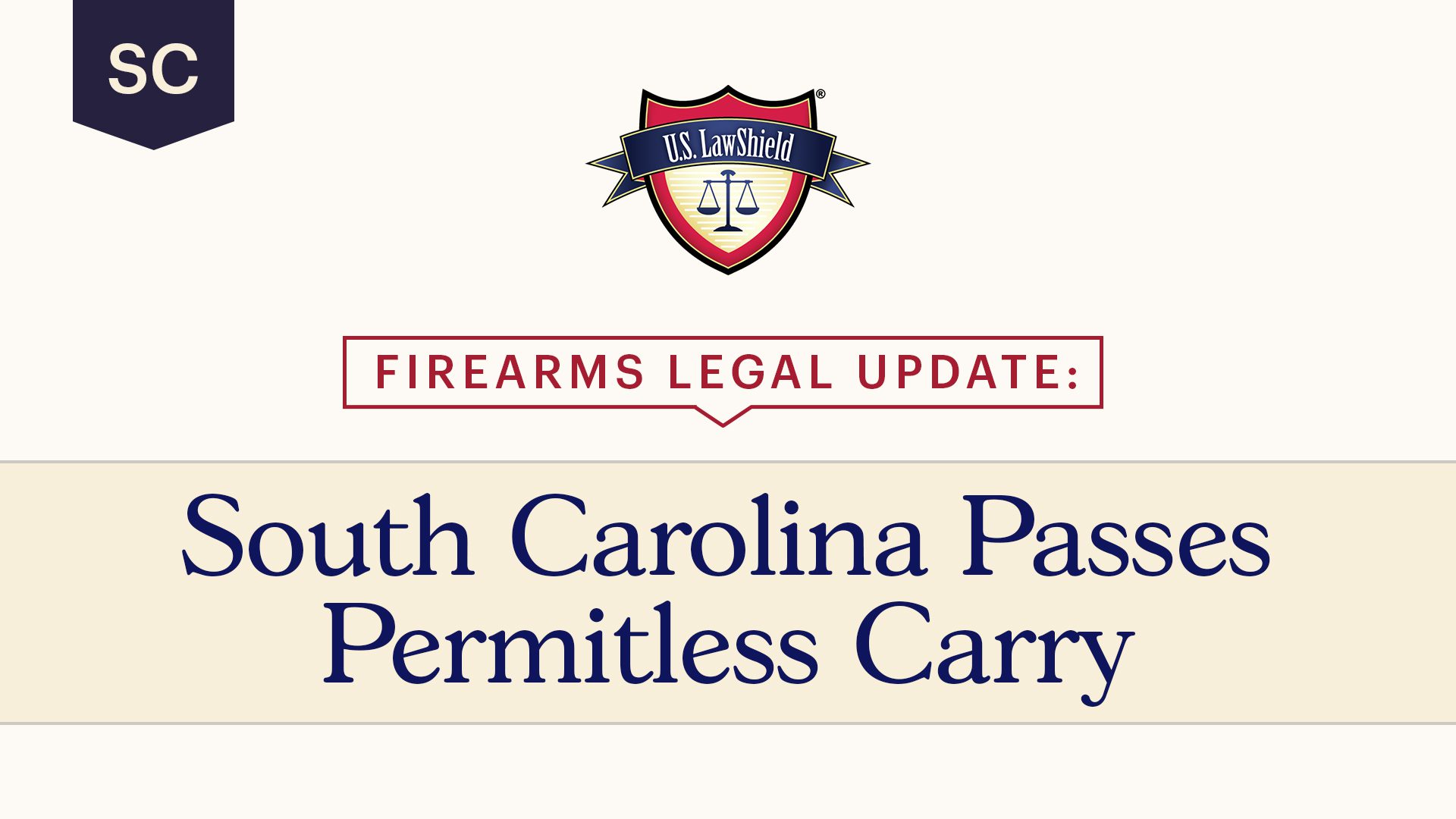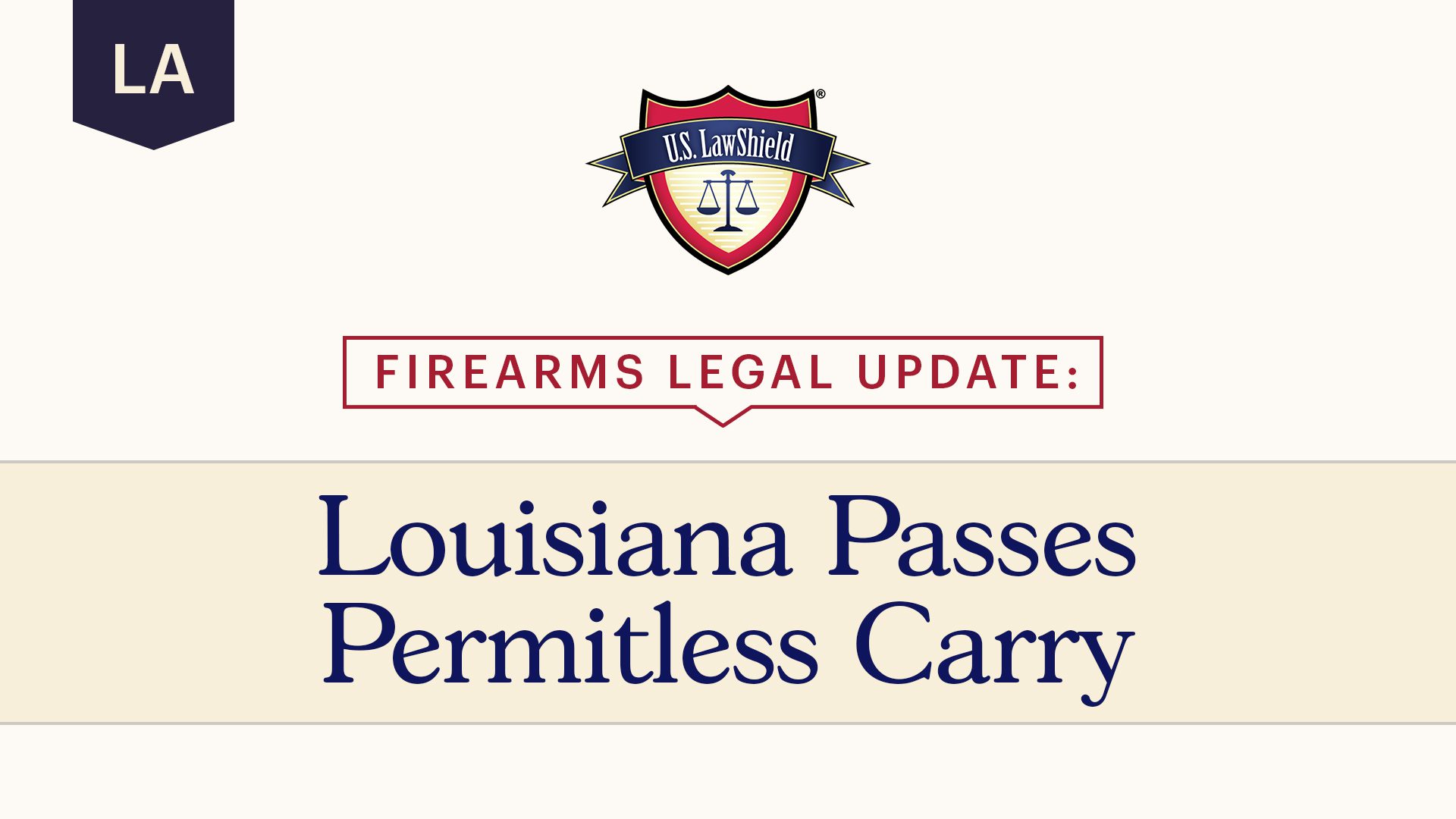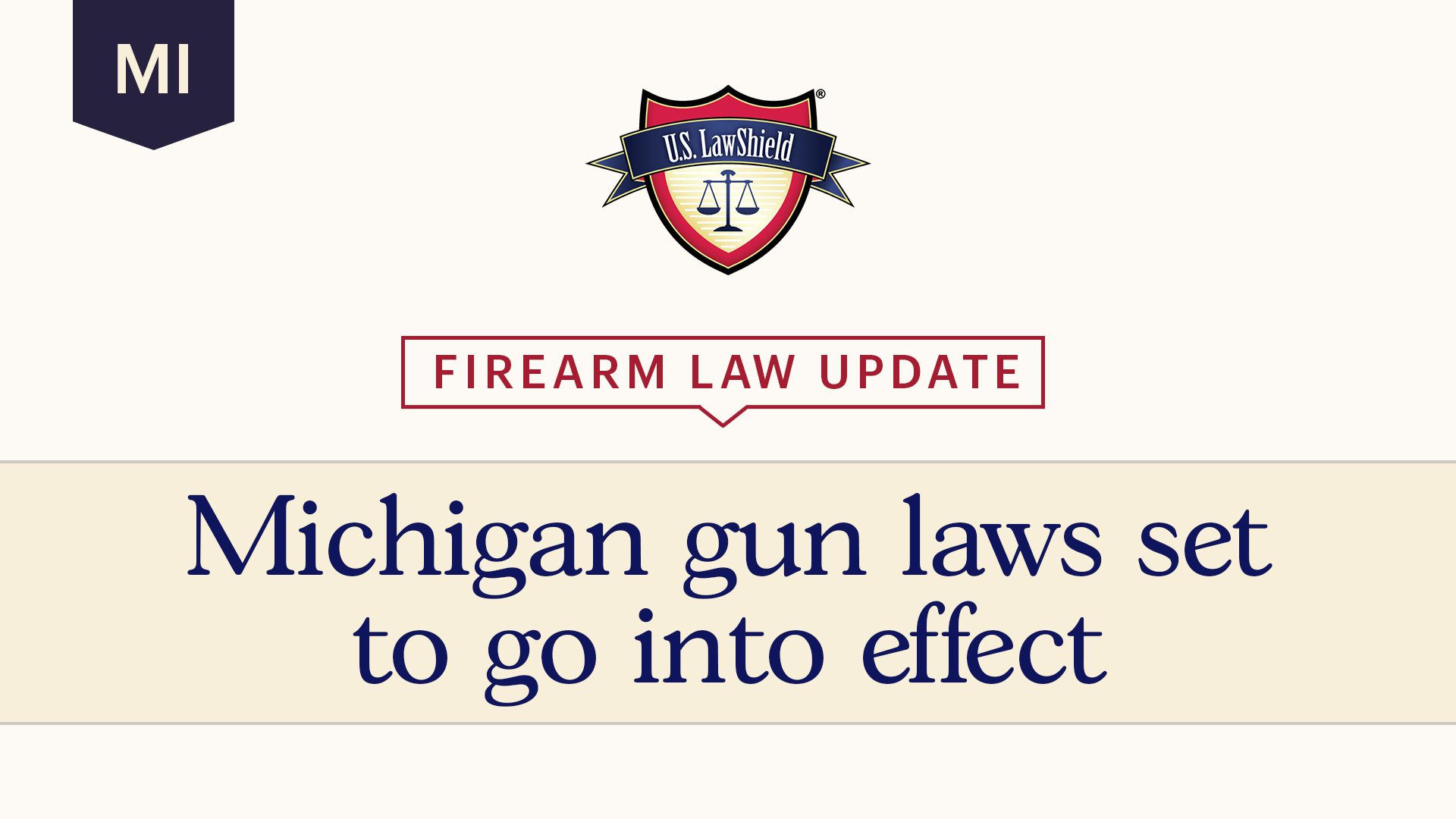Today, I will be discussing the legal standards in North Carolina justifying the use of force and deadly force in defending oneself.
Use of Force and Deadly Force
One may use force when a person reasonably believes that such force is necessary to defend oneself or another against another’s imminent use of unlawful force. The use of deadly force is justified when it is reasonable to believe that deadly force is necessary to prevent imminent death or serious bodily injury.
Reasonable Action
A few of the words I just used need further clarification. The first word that needs to be clarified is “reasonable.” Who decides what is a “reasonable” reaction? An objective standard is used to determine whether or not a person’s actions were reasonable. Otherwise said, it is not enough for a person to believe that their use of force is necessary. That use of force will be judged by the fact finder, be that a judge or a jury, as to whether a reasonable person in the defender’s situation would believe that the use of such force was necessary to propel an “imminent threat.” “Imminent threat” means an immediate threat, not a future or conditional threat. In other words, a threat that is happening now, in the moment.
Serious Bodily Injury
What is “serious bodily injury?” In the North Carolina General Statute, “serious bodily injury” is defined as bodily injury that creates a substantial risk of death, or that causes serious permanent disfigurement, coma, a permanent or protracted condition that causes extreme pain, or permanent or protracted loss or impairment of the function of any bodily member or organ, or that results in prolonged hospitalization. So, in a situation where one is threatened with deadly force through the use of a dangerous weapon (say a gun or a knife), the defender may defend himself or herself by using deadly force in response. The use of a gun is always considered deadly force under North Carolina law.
The reasonableness of the defensive response may ride on the physical capabilities of the parties involved. Imagine if the person who is threatened with an attack is an invalid. Reasonably, such a person is more likely to suffer death or serious bodily injury if physically attacked by a non-invalid person. In considering the reasonableness of their reaction, the fact finder will take into account their physical limitations compared to their attacker.
Protecting Property with Deadly Force
Some misconceptions about the use of deadly force concern the protection of property. In North Carolina, deadly force may never be used to protect mere property. Non-deadly force may be used to protect property, as long as it’s not excessive.
If you have any questions about the legal application of legally justified use of force and deadly force and similar phrases, call U.S. LawShield and ask to speak to an Independent Program Attorney.





Leave A Comment